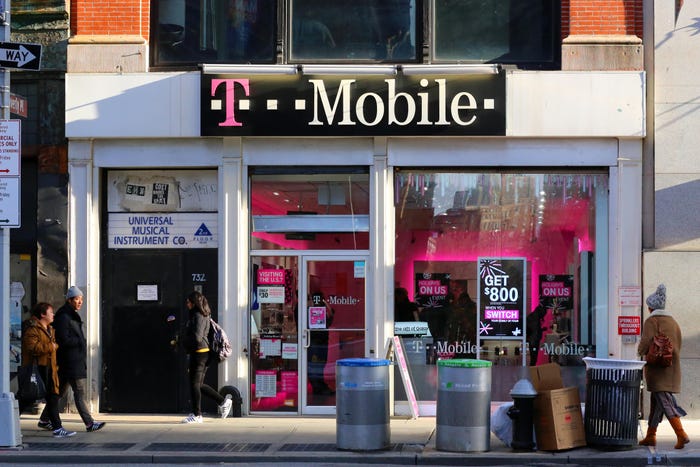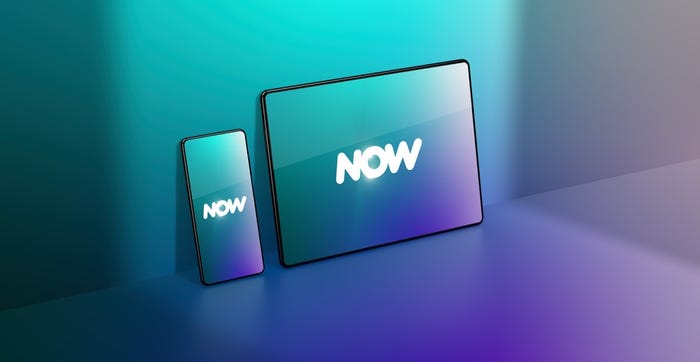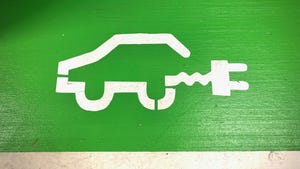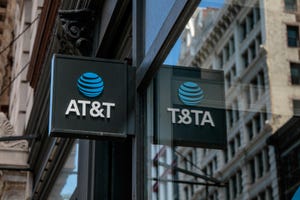NBN image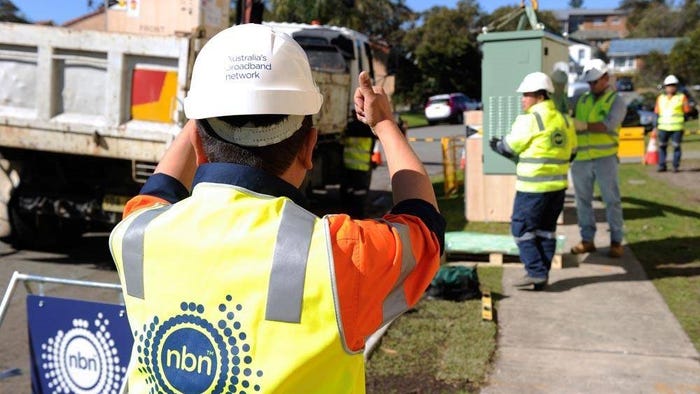
Optical Networking
Australia's NBN trials multiple PON technologies over a live fiber networkAustralia's NBN trials multiple PON technologies over a live fiber network
The latest NBN trial shows how operators can easily enhance 10G PON to symmetrical 25G PON and eventually evolve to 50G PON or 100G using the same passive and active fiber components.
Subscribe and receive the latest news from the industry.
Join 62,000+ members. Yes it's completely free.

